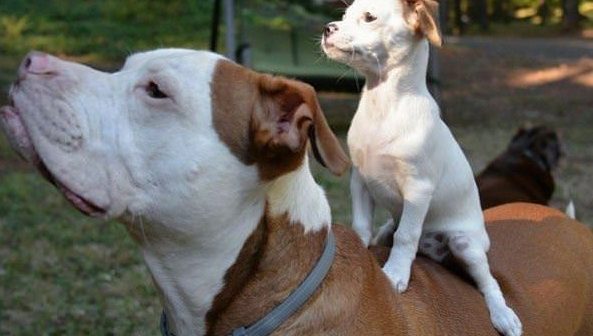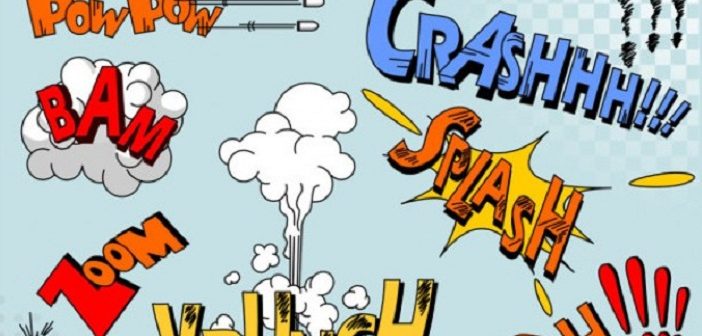Have you ever played charades with Chinese friends and been completely lost whenever they mimicked anything? One of the reasons for that is because Chinese has a different set of onomatopoeia compared to English. For example, in English a frog goes, “ribbit, ribbit!” But in Chinese, it is “guā, guā!” (呱呱). Or people say “BOOM!” in English when something explodes. In Chinese, it’s “Hōng” (轰). There are many more examples!
The word “onomatopoeia” in Chinese is 拟声词, Nǐshēngcí. If you want to easily recognize onomatopoeic words in Chinese, notice that many of the Chinese onomatopoeic characters have the mouth radical (口) on the left. Such as “喵” (, a cat’s meow), which is just “苗” plus “口”.
Knowing onomatopoeia could not only help you win more games of charades, but also could be a playful way to imitate sounds in the natural world. Here are some commonly used Chinese onomatopoeia to share with you.

Animal Sounds
Dogs: Woof, woof 汪汪 Wāng, wāng
Cats: Meow 喵喵 Miāo, miāo
Bees: Buzz 嗡嗡 Wēng wēng
Birds: Chirp 唧唧喳喳 Jījīzāzā
Pigeons: Coo coo 咕咕 Gūgū
Cows: Moo 哞 Mǒu
Frogs: Ribbit 呱呱 Guāguā
Ducks: Quack 嘎嘎 Gāgā
Horses: Neigh 吁吁 Yūyū
Sheep: Baa 咩 Miē
Chickens: Cluck cluck 叽叽 Jījī

Object Sounds
Door bell: Jingle 叮 Dīng
Water or wind: Whoosh 呼咻 Hū xiū
Object falling into water: Plop 啪哒 Pā dā
Clock: Tick-tock 嘀嗒 Dīdā
Car: Honk 嘀 Dī
Being hungry: Gurgle 咕噜咕噜 Gūlūgūlū
Explosion: Bang 轰 Hōng
Door opening: Creak 吱呀 Zhīyā
Photos: pixempire.com, lotuspeople.com

